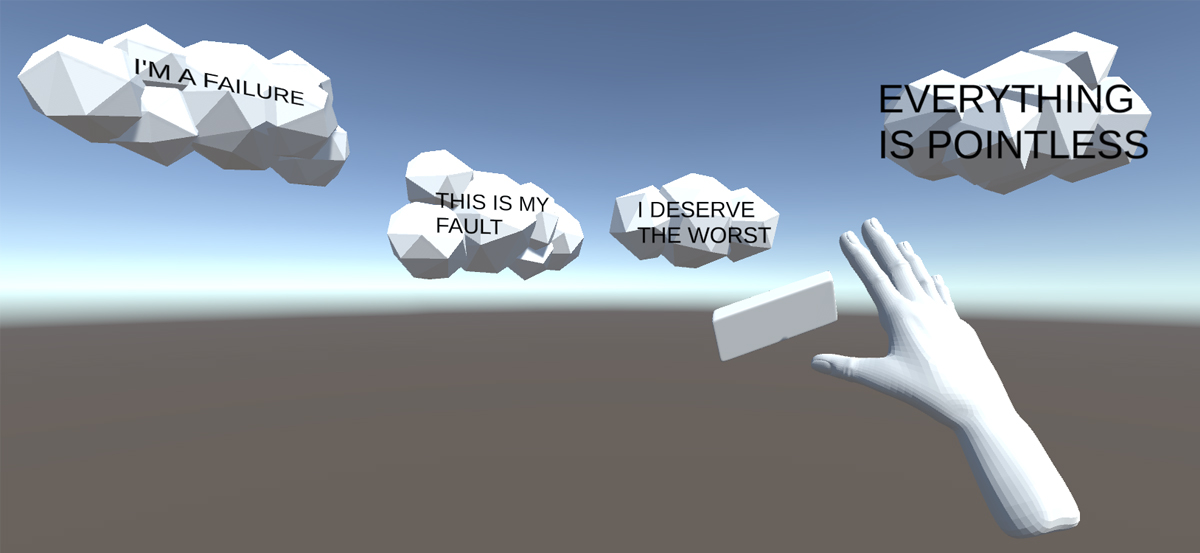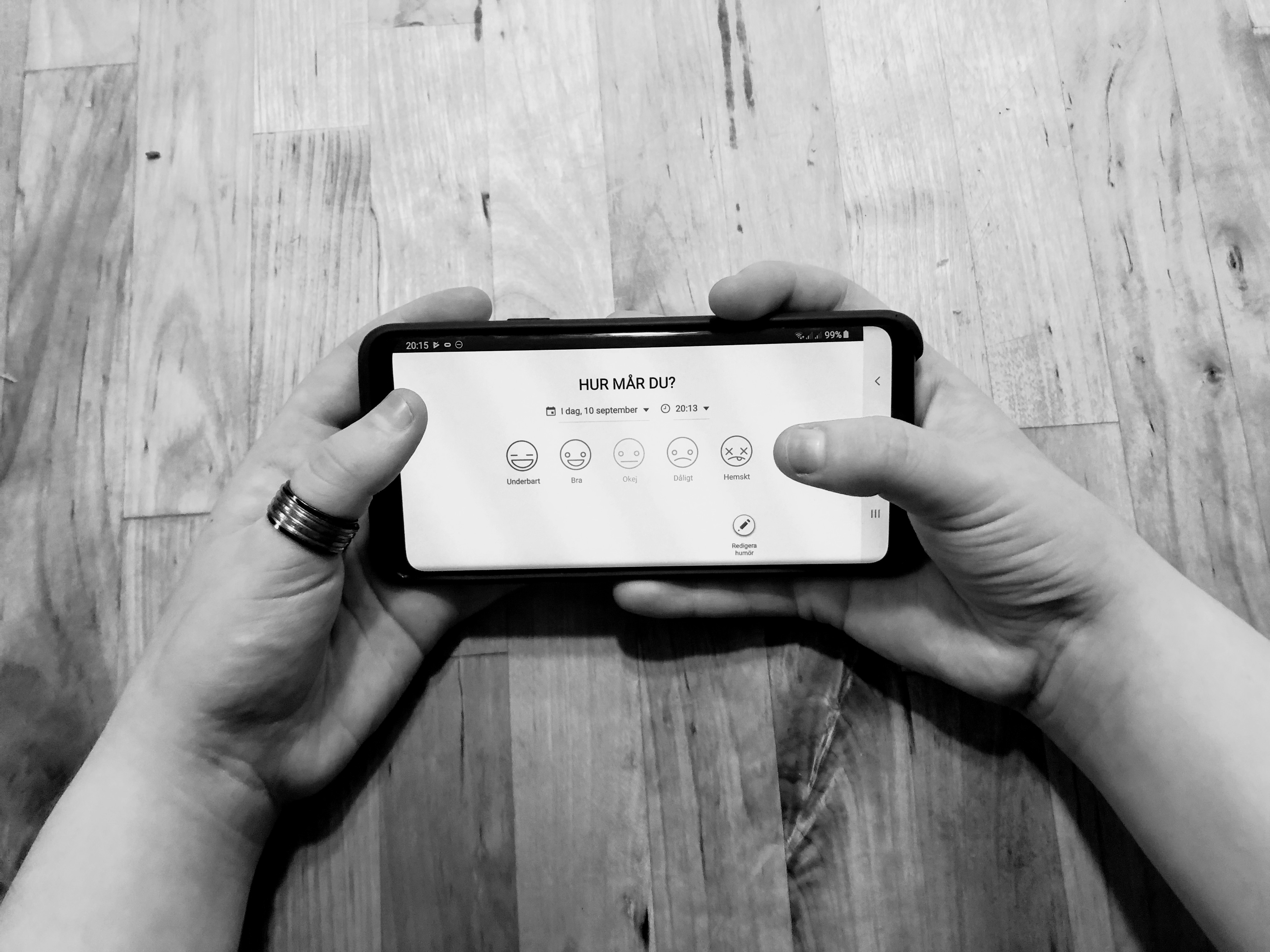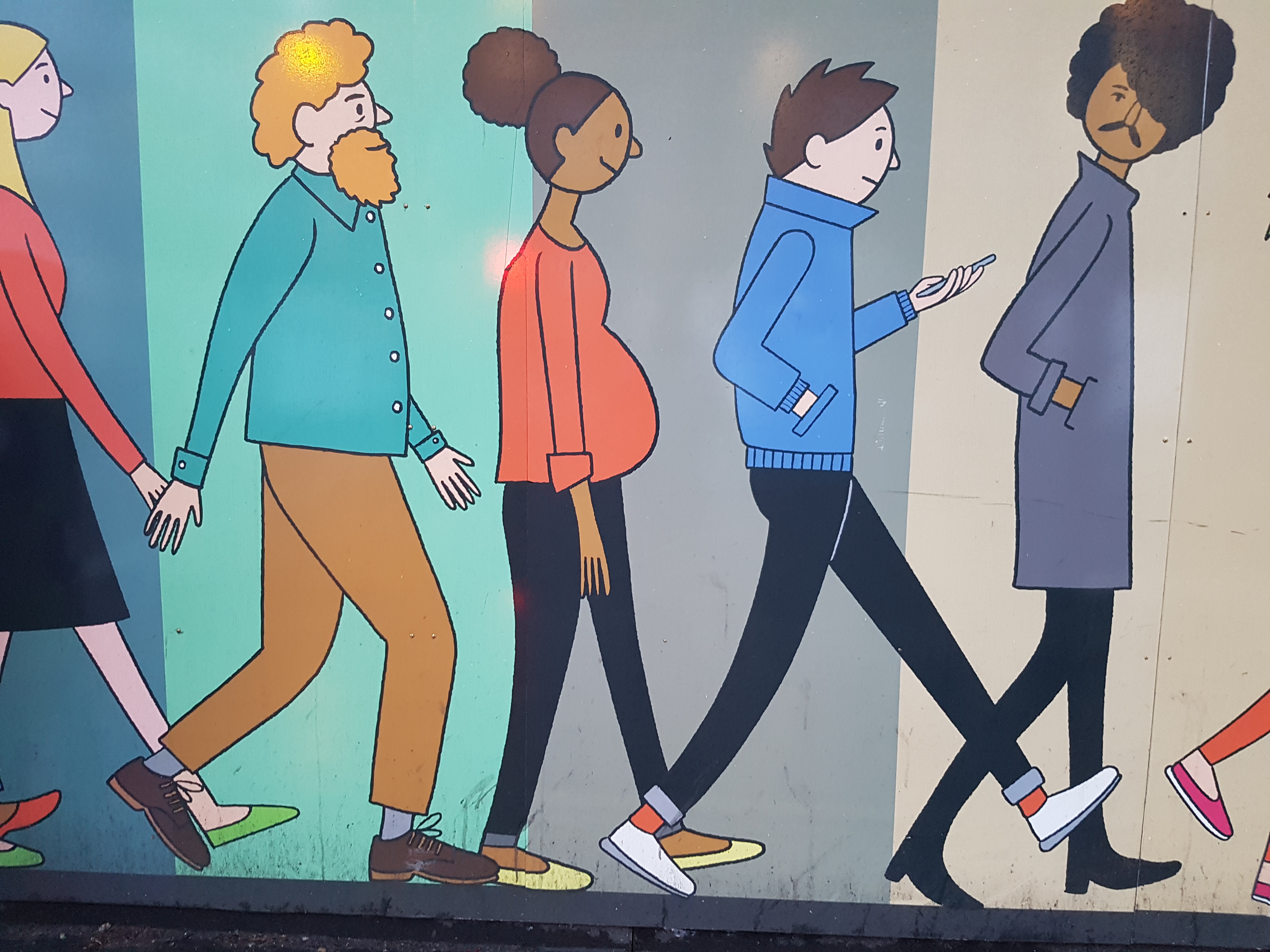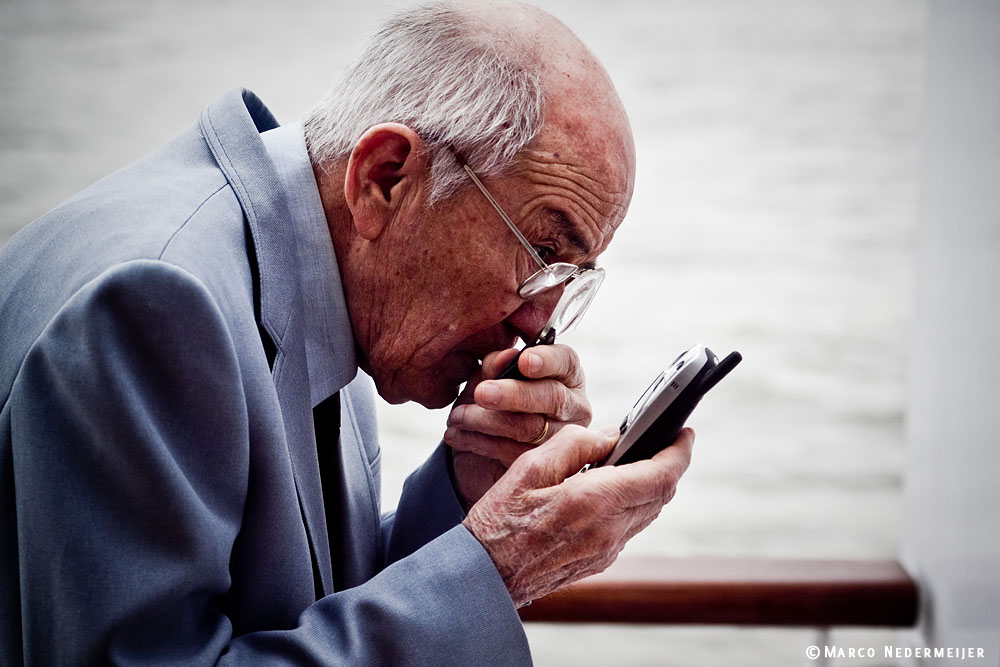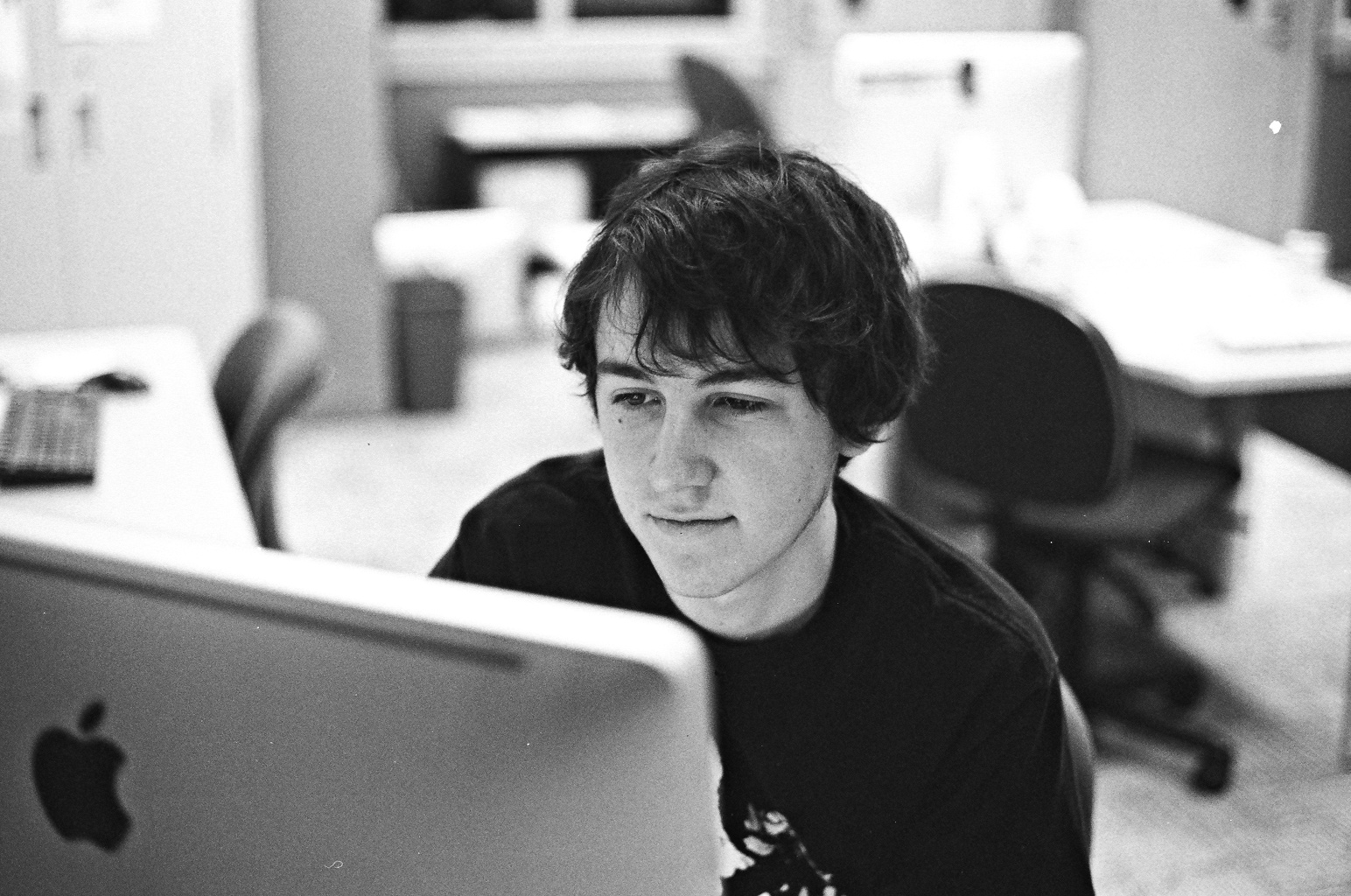Treating depression with virtual reality interventions
Depression is a common mental disorder with a large treatment gap. Low-intensity, automated Virtual Reality (VR) interventions (not requiring a therapist) is a scalable and promising solution now that VR is an accessible and mature, consumer technology. Yet unlike with phobias, there have been few attempts at translating evidence-based cognitive behavioral therapeutic (CBT) techniques for … Läs mer!
